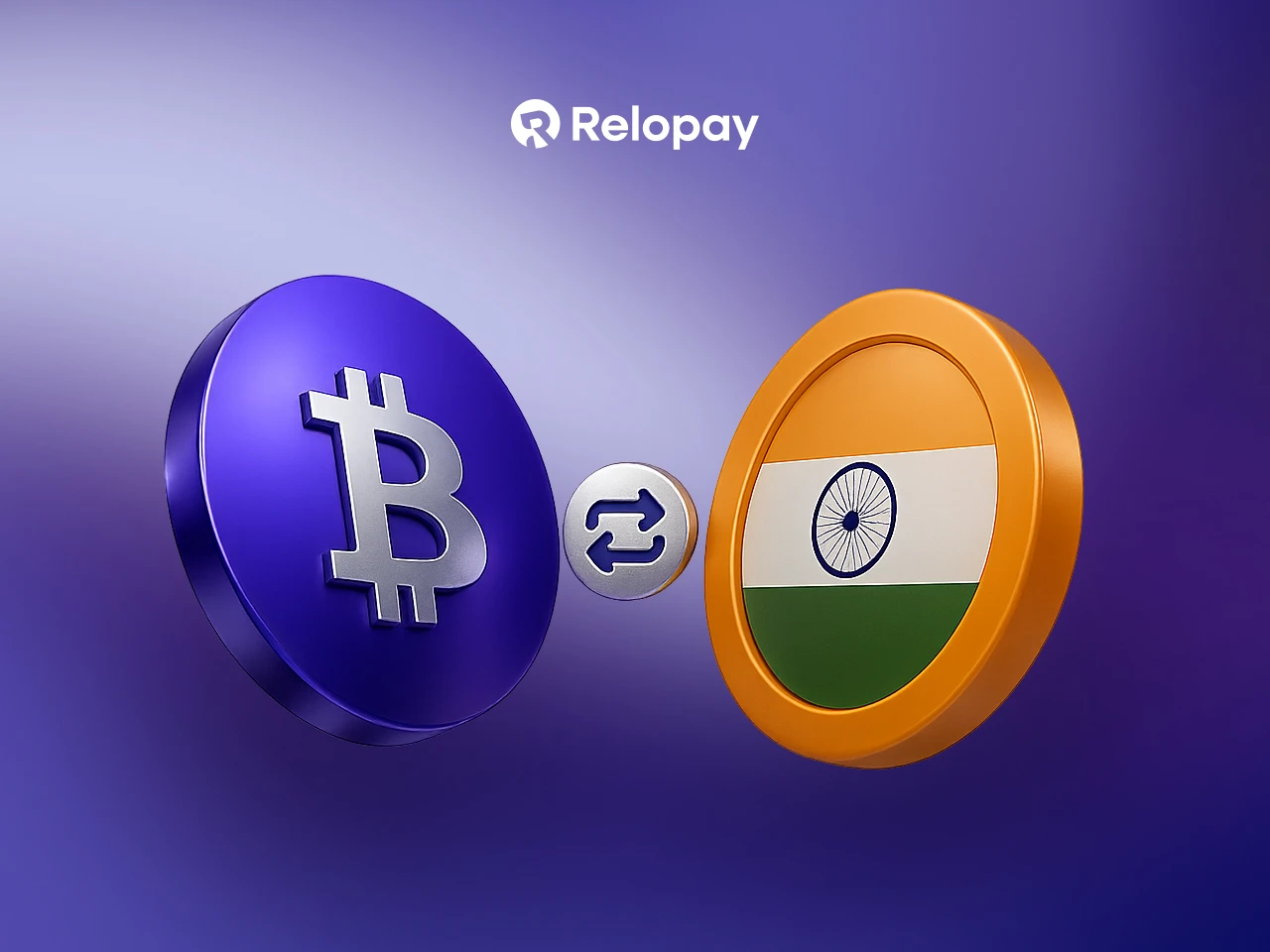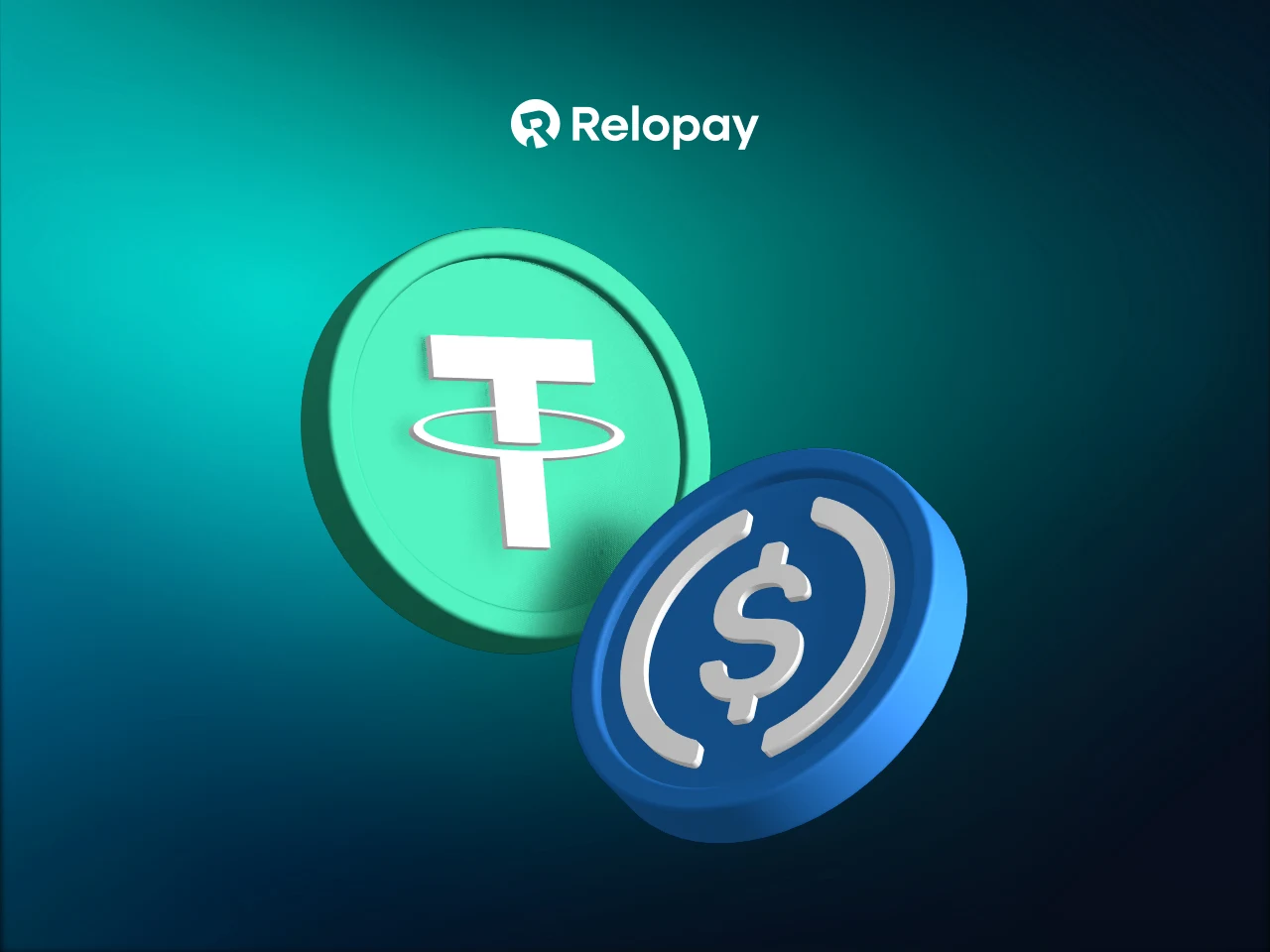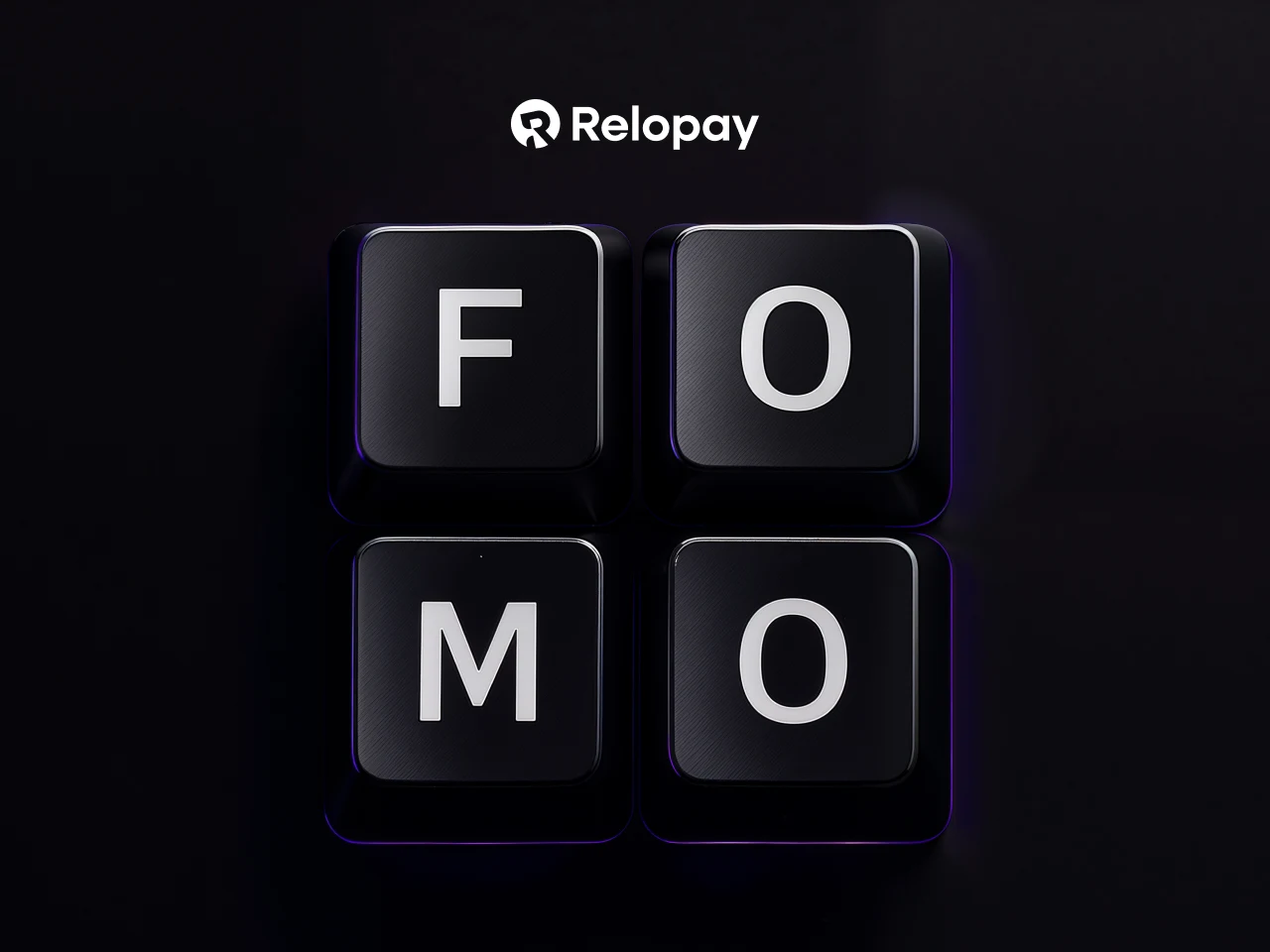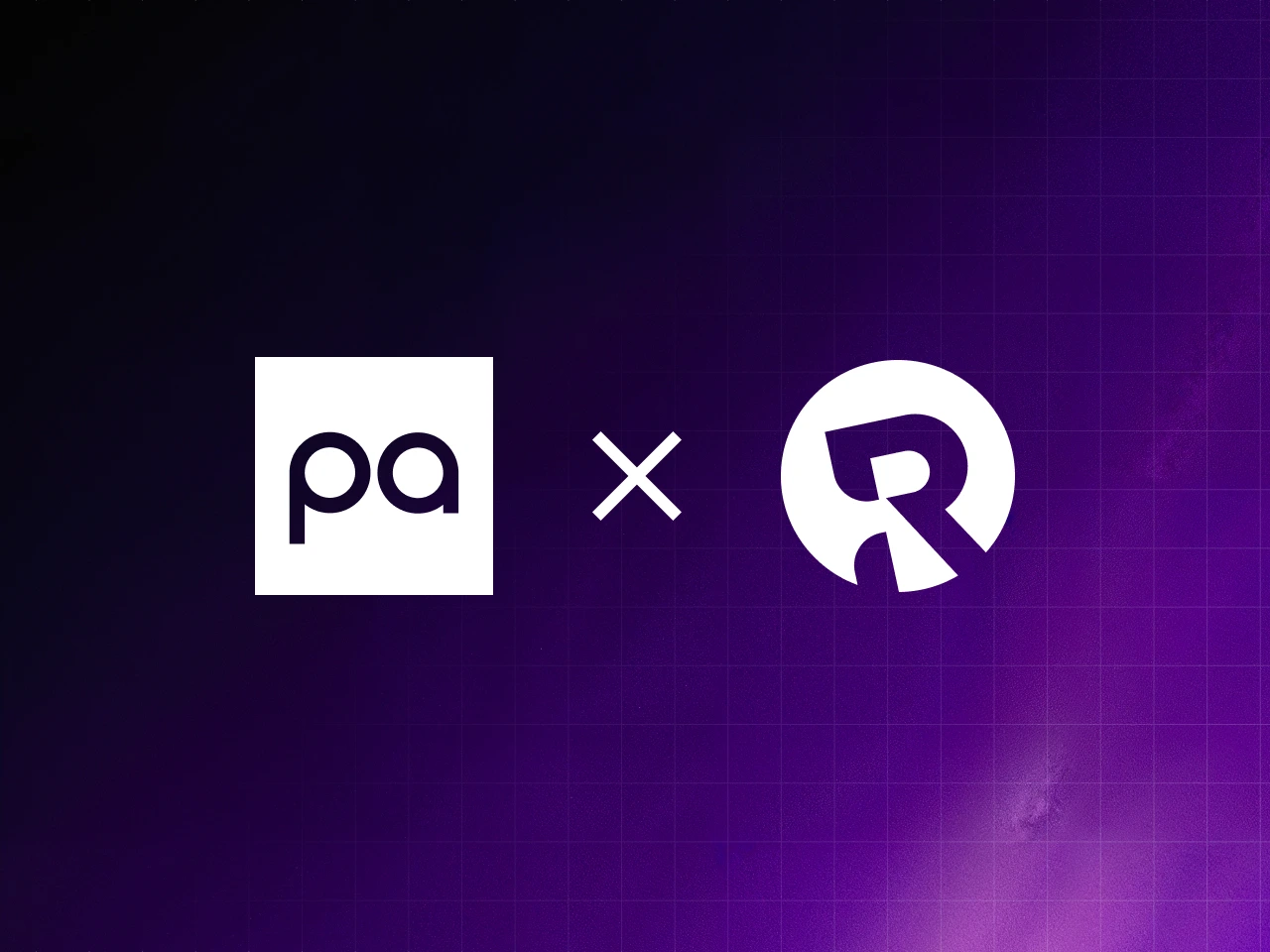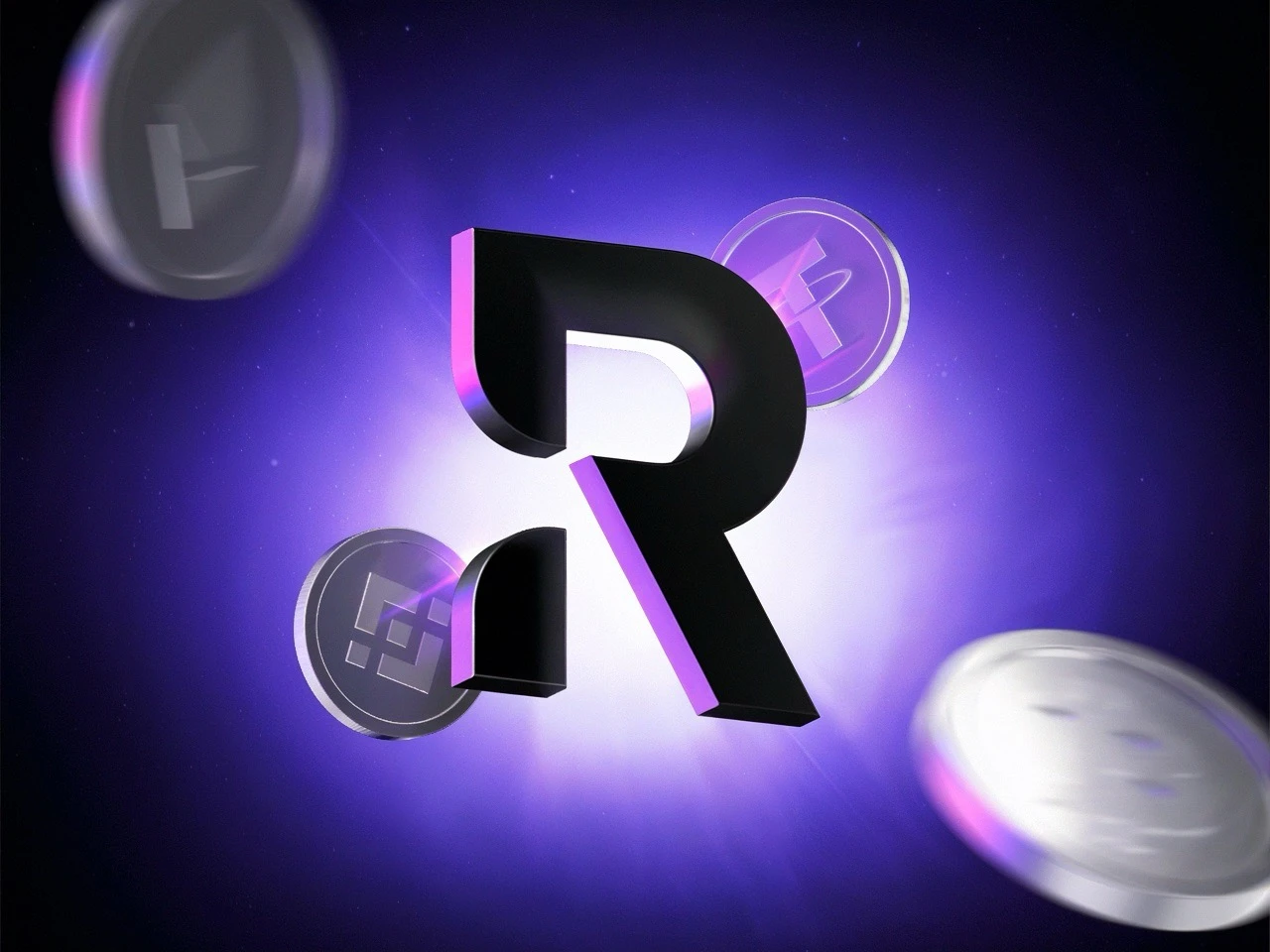Bitcoin, Ethereum, and USDT have become mainstream investment choices for millions of people. Many investors are now asking a practical question: how to withdraw bitcoin and turn their digital assets into Indian Rupees safely, quickly, and with minimal fees. In this guide, we explain the most reliable methods of converting digital coins to cash, highlight the legal landscape, cover fees and taxation, and show how solutions like Relopay crypto-linked cards can simplify the process.
Converting virtual currencies to INR is easier than ever in 2025, but it requires awareness of regulations and choosing the right method. In this article, we explain how to convert digital assets to INR in India using exchanges, peer-to-peer platforms, vouchers, and debit cards. We also discuss fees, taxation rules, and the main challenges that users face. Finally, we show how Relopay offers a convenient alternative by letting you spend tokens directly with global acceptance and low commissions.
Understanding Crypto to Cash Conversion in India
For Indian users, conversion means turning Bitcoin, Ethereum, or other virtual currencies into usable INR in a bank account or wallet. The big question many ask is: can cryptocurrency be converted to cash in India? The answer is yes, but only through regulated channels that meet compliance rules.
It’s helpful to separate two ideas:
- Conversion to cash (INR): exchanging digital assets for fiat through exchanges, P2P, or vouchers.
- Direct spending: using a crypto card like Relopay Visa to pay merchants worldwide without first converting to INR.
Both approaches are legal if done through licensed providers and within the taxation framework.
Legal and Regulatory Environment Overview
As of 2025, India treats cryptocurrencies as Virtual Digital Assets (VDAs). They are not legal tender but can be held, traded, and converted. Key rules include:
- 30% flat tax on profits from transactions.
- 1% TDS (tax deducted at source) on transfers above the threshold.
- Mandatory KYC and PAN when using exchanges.
Reports suggest that India now has more than 119 million holders of digital currencies, making it one of the largest markets worldwide. Regulators have stepped up monitoring to reduce fraud and money laundering. For investors, this means you can legally convert digital coins to INR, but you must declare profits and follow compliance standards.
Popular Methods to Convert Crypto to Cash in India
Indian users have multiple ways to handle crypto withdrawal in India. The best option depends on fees, speed, and convenience. Surveys from 2024–2025 show that over 65% of traders prefer regulated exchanges for conversion, about 30% rely on P2P platforms, and less than 5% use vouchers or newer card solutions.
Using Regulated Cryptocurrency Exchanges
The most common method is using licensed exchanges such as WazirX, CoinDCX, or Unocoin. These platforms allow you to sell Bitcoin or Ethereum directly into INR and withdraw to your bank account. Many ask: what is the best crypto exchange in India with low fees? Local exchanges generally charge around 0.1%–0.5% per trade plus a small withdrawal fee.
Security tip: enable two-factor authentication, use verified platforms, and withdraw only to your own bank account.
Peer-to-Peer (P2P) Crypto Trading Platforms
P2P connects buyers and sellers directly. You agree on a rate, send coins to escrow, and receive INR through bank transfer, UPI, or wallets. Pros include flexible pricing and many payment methods; the downside is higher fraud risk and slower dispute resolution compared to exchanges.
Crypto to Gift Cards and Vouchers
Some services let you redeem tokens for vouchers from Amazon or Flipkart. This is fine for small purchases but limited for cashing out larger amounts.
Using Debit/Credit Cards for Spending
Instead of converting, you can spend through a crypto-linked debit card. Relopay, for example, issues Visa cards connected to your assets. You top up with Bitcoin or USDT and pay directly in INR or other currencies at millions of merchants worldwide. This avoids delays, cuts down hidden fees, and removes extra intermediaries. Using a regulated card also helps with compliance and lowers the risk of penalties for unverified transfers. In short, you get global acceptance, clearer costs, and peace of mind.
Detailed Step-by-Step Guide to Convert Crypto to INR via Exchange
Many beginners wonder how to convert bitcoin to cash in India through an exchange. Here’s the process:
- Choose a regulated exchange – Select one that supports INR withdrawals and has a solid reputation.
- Complete KYC – Upload PAN and ID documents to comply with regulations.
- Deposit assets – Transfer Bitcoin, Ethereum, or USDT from your wallet to the exchange.
- Sell for INR – Place a market or limit order.
- Withdraw funds – Send INR to your bank via IMPS, NEFT, or UPI.
Depending on network congestion and bank processing, it can take minutes or a few hours.
Understanding Fees and Charges in Conversion
When withdrawing, costs matter. Many ask: which crypto exchange has the lowest fees in India? Binance lists 0.1%, Kraken 0.25%–0.40%, Revolut X 0.09%, while Coinbase charges 40–60 bps.
But those headline rates are only part of the picture. Exchanges stack multiple costs:
- Trading fee of 0.01%–0.60% per trade.
- Withdrawal fee (often INR 10–30 or 2.5%–3.5%).
- Network fees paid to blockchain validators, which vary with congestion.
Together, these can make real costs higher than expected.
Relopay keeps things simple with a single transparent 5% top-up fee. You load coins once and spend directly in INR, without hidden surcharges or bank delays.
Taxation and Compliance for Crypto-to-Cash Conversion in India
The Income Tax Department treats sales of digital assets as taxable income. Main rules:
- 30% tax on profits from selling or converting.
- 1% TDS withheld on qualifying transfers.
- Losses cannot offset other income.
Always declare your earnings in your return and keep records. Non-compliance may result in penalties.
Challenges and Risks Associated with Converting Crypto to Cash
Even though conversion is legal, risks remain:
- Scams on P2P platforms where buyers vanish after payment.
- Volatility that can cut value mid-transaction.
- Regulatory changes that may affect withdrawal options.
- Hidden costs on some platforms.
Relopay reduces these risks by offering a secure card model that lets you spend digital assets without unreliable third parties.
Benefits of Using Relopay for Crypto Spending vs Traditional Conversion
Relopay cards provide advantages over standard withdrawals:
- Privacy: spend without constant bank transfers.
- Convenience: no waiting for exchange approvals.
- Global acceptance: Visa card works in India and abroad.
- Low entry barrier: quick sign-up, top up with Bitcoin, Ethereum, or USDT.
For many Indian users, Relopay is a practical and transparent alternative to traditional conversion.
Frequently Asked Questions (FAQs)
This section covers the most common doubts people have when they try to convert crypto to cash in India. Each answer gives clear guidance on legality, methods, fees, and taxation.
How to convert cryptocurrency to cash legally in India?
The legal way is through regulated exchanges that follow KYC and tax rules. Provide PAN, declare profits, and pay the 30% tax plus 1% TDS. That is the safest method of how to convert cryptocurrency to INR.
What are the best methods to convert crypto to cash in India?
The main options are regulated exchanges, P2P platforms, and debit cards. Exchanges are secure with fees from 0.1%–0.5% and withdrawals in hours. P2P offers flexible rates and UPI transfers but has higher fraud risks. Debit cards like Relopay allow instant spending with clear fees, making them useful for daily expenses.
Can I convert Bitcoin and other cryptocurrencies to INR in India?
Yes. Bitcoin, Ethereum, and other major coins can be converted to INR legally through exchanges such as WazirX or CoinDCX, or via P2P. All transactions require KYC and are subject to tax rules.
How is converting crypto to cash taxed in India?
Converting digital assets to cash in India triggers a 30% tax on profits plus 1% TDS on most trades. To save costs, pick exchanges with transparent fees, convert when network activity is low, or use debit cards with fixed commissions.
Can I withdraw bitcoin in India?
Yes, you can withdraw bitcoin to a bank account by selling on a licensed exchange or using P2P. Always use trusted services, verify counterparties, and avoid unverified transfers.
